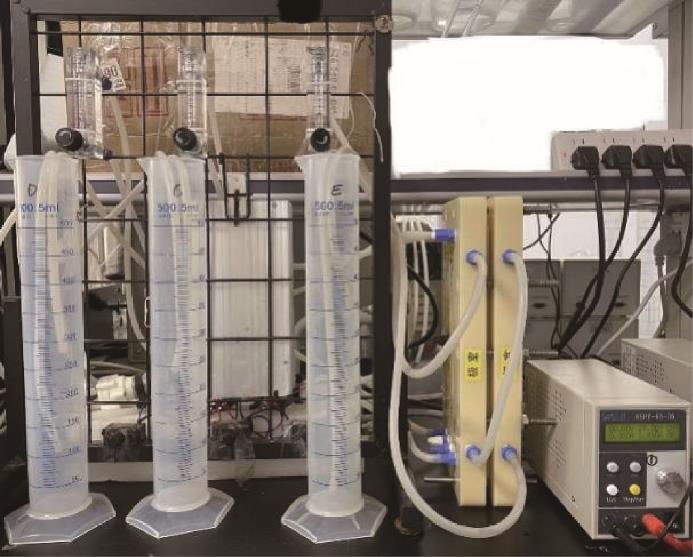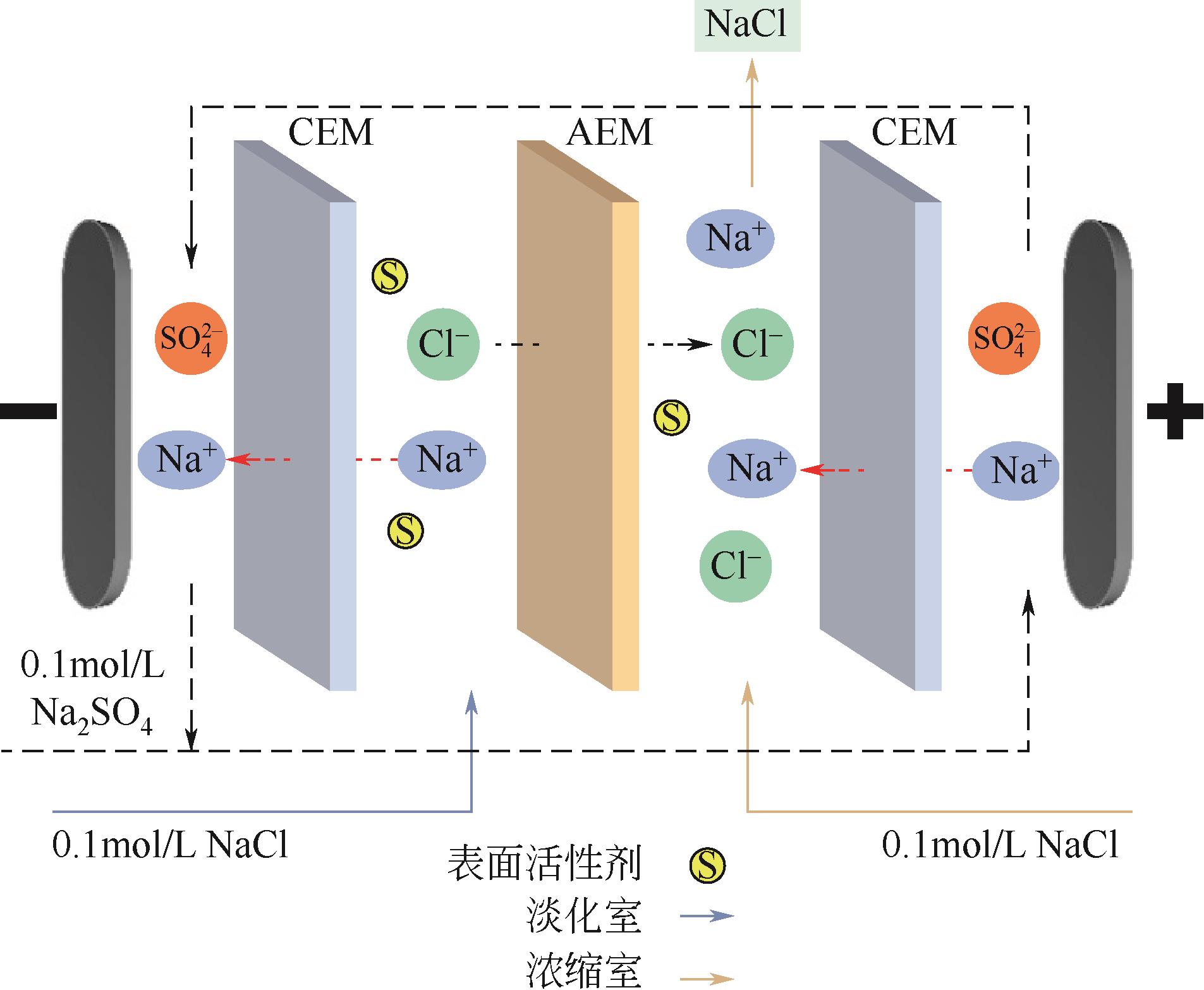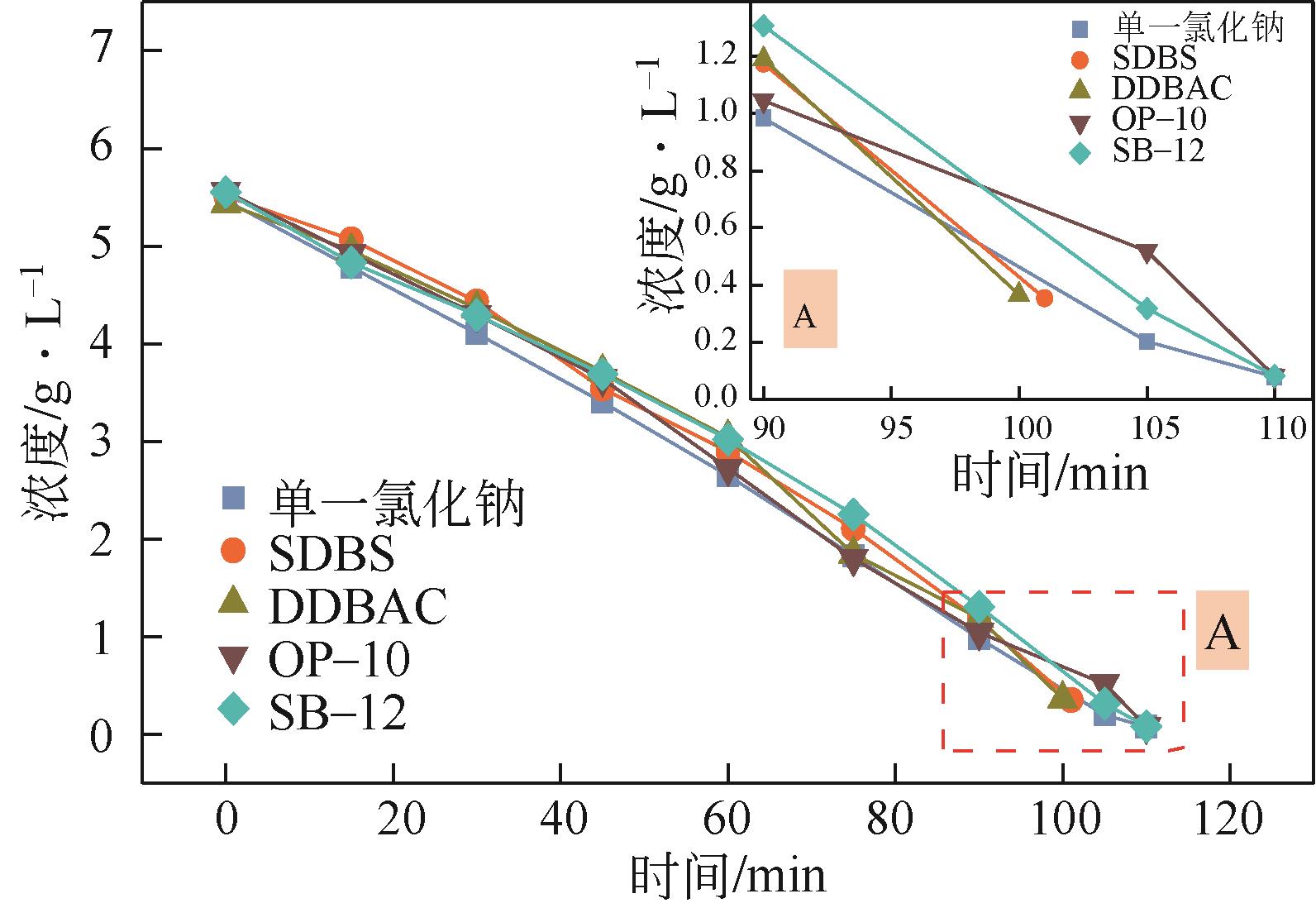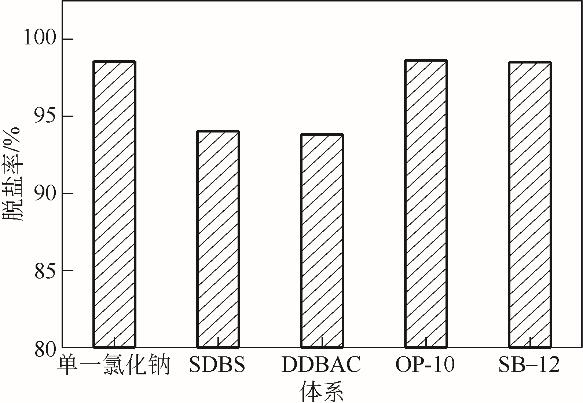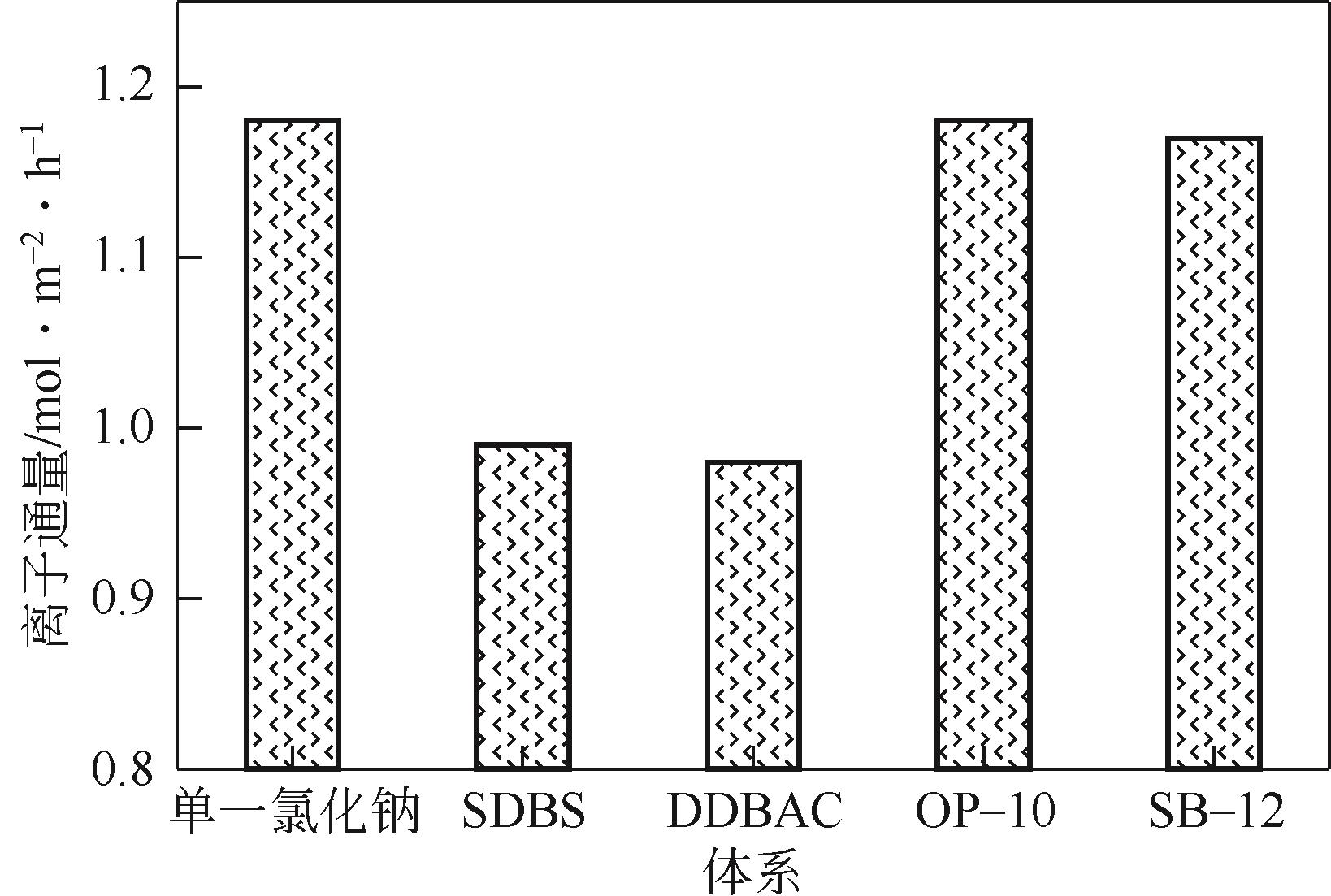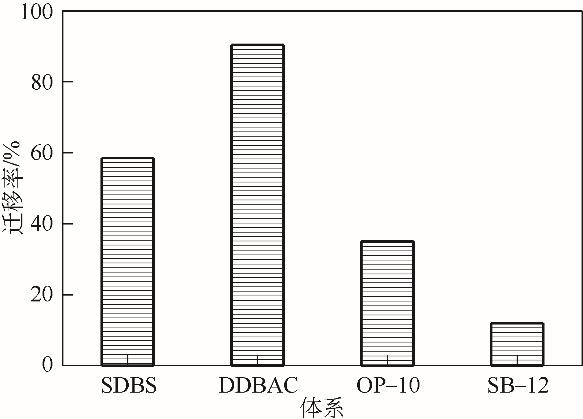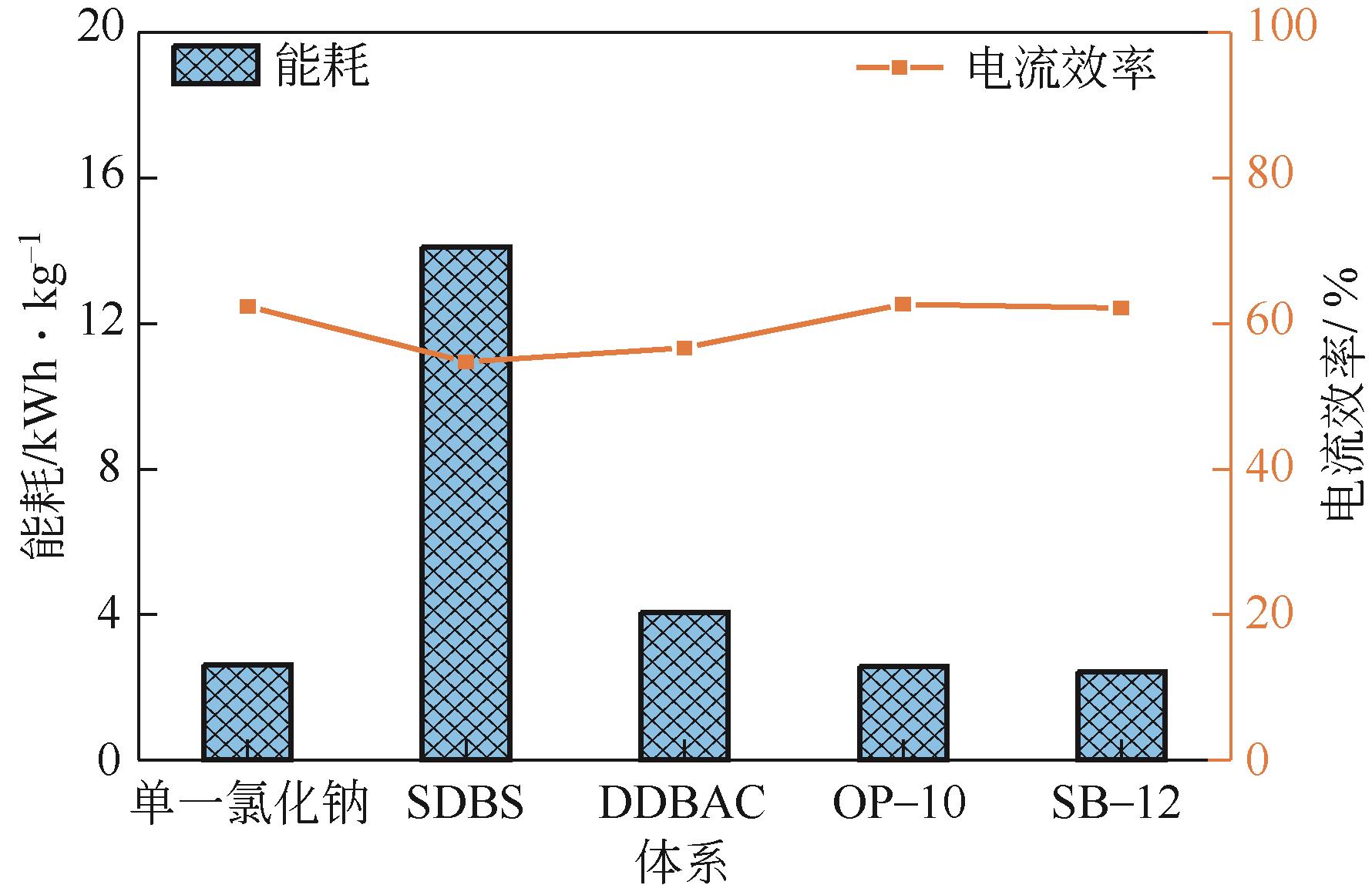| 1 |
ZHAO Xiaolei, JI Xiaonan, QI Xuemeng. Study on characteristic pollutants of wastewater in major wastewater discharge industries in China[J]. Environmental Engineering, 2022: 194-220.
|
| 2 |
赛世杰, 李买军, 党平, 等. 高分离纳滤系统在煤化工高盐废水零排放中的应用[J]. 环境工程, 2021, 39(7): 173-178.
|
|
Shijie SAI, LI Maijun, DANG Ping, et al. Application of high separation nanofiltration process in zero discharge of high salt wastewater from coal chemical industry[J]. Environmental Engineering, 2021, 39(7): 173-178.
|
| 3 |
LIU Zhe, LI Qingquan, ZHENG Honglin, et al. Study on a nanofiltration membrane for high salinity wastewater treatment[J]. Technology of Water Treatment, 2022, 48(6): 45-49, 57.
|
| 4 |
ZHAO Dongfeng, XUE Jianliang, LI Shi, et al. Theoretical analyses of thermal and economical aspects of multi-effect distillation desalination dealing with high-salinity wastewater[J]. Desalination, 2011, 273(2/3): 292-298.
|
| 5 |
YAN Junying, WANG Huangying, FU Rong, et al. Ion exchange membranes for acid recovery: Diffusion dialysis (DD) or selective electrodialysis (SED)?[J]. Desalination, 2022, 531: 115690.
|
| 6 |
AHMAD Nor Naimah Rosyadah, Wei lun ANG, LEO Choe Peng, et al. Current advances in membrane technologies for saline wastewater treatment: A comprehensive review[J]. Desalination, 2021, 517: 115170.
|
| 7 |
范金石, 王超, 郝延颖, 等. 表面活性剂废水处理技术浅述[J]. 日用化学工业, 2020, 50(6): 413-418.
|
|
FAN Jinshi, WANG Chao, HAO Yanying, et al. Brief overview of wastewater treatment technologies used for removal of surfactants[J]. China Surfactant Detergent & Cosmetics, 2020, 50(6): 413-418.
|
| 8 |
冯辉霞, 张娟, 张婷. 表面活性剂废水处理技术应用研究进展[J]. 应用化工, 2011, 40(10): 1828-1832.
|
|
FENG Huixia, ZHANG Juan, ZHANG Ting. Research progress on surfactant wastewater treatment technology[J]. Applied Chemical Industry, 2011, 40(10): 1828-1832.
|
| 9 |
苏志俊, 崔耀星, 徐俊辉, 等. 常用表面活性剂在氯化钠硬水溶液中的性能研究[J]. 盐科学与化工, 2022, 51(10): 30-33, 37.
|
|
SU Zhijun, CUI Yaoxing, XU Junhui, et al. Study on the performance of common surfactants in sodium chloride hard aqueous solution[J]. Journal of Salt and Chemical Industry, 2022, 51(10): 30-33, 37.
|
| 10 |
王成勇, 邢耀文, 夏阳超, 等. 离子型表面活性剂对低阶煤润湿性的调控机制[J]. 煤炭学报, 2022, 47(8): 3101-3107.
|
|
WANG Chengyong, XING Yaowen, XIA Yangchao, et al. Regulation mechanism of ionic surfactant on the wettability of low rank coal[J]. Journal of China Coal Society, 2022, 47(8): 3101-3107.
|
| 11 |
ZHAO Zhijuan, SHI Shaoyuan, CAO Hongbin, et al. Electrochemical impedance spectroscopy and surface properties characterization of anion exchange membrane fouled by sodium dodecyl sulfate[J]. Journal of Membrane Science, 2017, 530: 220-231.
|
| 12 |
ZHANG Yufei, LIU Lei, DU Juan, et al. Fracsis: Ion fractionation and metathesis by a NF-ED integrated system to improve water recovery[J]. Journal of Membrane Science, 2017, 523: 385-393.
|
| 13 |
YAN Haiyang, WANG Yaoming, WU Liang, et al. Multistage-batch electrodialysis to concentrate high-salinity solutions: Process optimisation, water transport, and energy consumption[J]. Journal of Membrane Science, 2019, 570/571: 245-257.
|
| 14 |
Anne BERNHEIM-GROSWASSER, ZANA Raoul, TALMON Yeshayahu. Sphere-to-cylinder transition in aqueous micellar solution of a dimeric (gemini) surfactant[J]. The Journal of Physical Chemistry B, 2000, 104(17): 4005-4009.
|
| 15 |
ZHAO Zhijuan, SHI Shaoyuan, CAO Hongbin, et al. Comparative studies on fouling of homogeneous anion exchange membranes by different structured organics in electrodialysis[J]. Journal of Environmental Sciences, 2019, 77: 218-228.
|
| 16 |
贺国旭, 潘自红, 李松田, 等. 硫代甜菜碱12/十二烷基磺酸钠复配体系表面活性的研究[J]. 四川师范大学学报(自然科学版), 2013, 36(4): 626-630.
|
|
HE Guoxu, PAN Zihong, LI Songtian, et al. Study on surface activity of mixed system of sulfobetaine 12 and sodium dodecyl sulfonate[J]. Journal of Sichuan Normal University (Natural Science), 2013, 36(4): 626-630.
|
| 17 |
MA Lingshan, GUTIERREZ Leonardo, VANOPPEN Marjolein, et al. Transport of uncharged organics in ion-exchange membranes: Experimental validation of the solution-diffusion model[J]. Journal of Membrane Science, 2018, 564: 773-781.
|
| 18 |
PAN Jiefeng, ZHANG Wei, RUAN Huimin, et al. Separation of mixed salts (Cl-/SO4 2-) by ED based on monovalent anion selective membranes[J]. Chinese Journal of Chemical Engineering, 2019, 27(4): 857-862.
|
| 19 |
WANG Man, KUANG Shaoping, WANG Xitong, et al. Transport of amino acids in soy sauce desalination process by electrodialysis[J]. Membranes, 2021, 11(6): 408.
|

